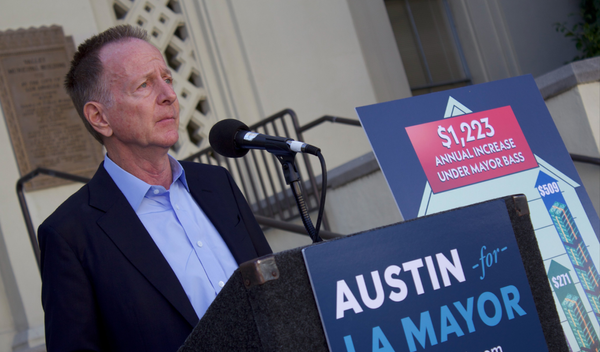Toddlers are curious, emotional, and incredibly impressionable, which means the way we talk to them matters more than we think. Some of the most common phrases you say to your toddler—the ones that seem harmless or even helpful—can actually encourage the very behavior you’re trying to avoid. Words shape how young children understand expectations, boundaries, and relationships. Without realizing it, your well-meaning comments might be confusing, dismissive, or accidentally reinforcing bad behavior. Here are five common phrases to rethink and what to say instead for better behavior and communication.
1. “Be a good boy/girl or else…”
This phrase might sound like it sets a clear expectation, but it actually ties behavior to self-worth. When you use “be good or else,” you’re suggesting your child’s value depends on their actions in that moment. That pressure can make toddlers feel ashamed when they mess up, and they likely will—they’re still learning. Plus, vague threats like “or else” don’t clearly teach what behavior is expected. Instead of using this as a motivator, try “Please use your calm voice so we can all hear each other” or “Let’s take a deep breath and try again.”
2. “You’re making me sad/mad.”
It’s natural to feel emotional when your toddler pushes boundaries, but this phrase shifts the responsibility for your feelings onto your child. That can create guilt or anxiety in toddlers who aren’t emotionally mature enough to manage their own behavior and yours. One of the sneakiest phrases you say to your toddler that encourages bad behavior is one that teaches them emotional manipulation—whether you mean it or not. A better approach is to model healthy communication: “I feel frustrated right now, so I’m going to take a break and calm down.” This teaches them how to express emotions without assigning blame.
3. “Why did you do that?”
When your toddler throws a toy, dumps out cereal, or colors on the wall, asking “Why did you do that?” puts them on the spot. At this age, they often don’t know why—they act on impulse, not logic. This question usually leads to defensiveness or a shrug, instead of reflection. It’s one of the phrases you say to your toddler that can create shame without offering guidance. Try something like, “It looks like you were frustrated. Let’s talk about what we can do next time instead of throwing.” That way, you acknowledge the feeling but focus on solutions.
4. “You’re fine.”
When your toddler falls, cries, or panics over something small, it’s easy to say, “You’re fine” in an attempt to soothe them quickly. But to your toddler, their feelings are not fine—they’re big, scary, and very real. This phrase teaches kids to ignore their emotions, which can lead to bottling things up or acting out in other ways. One of the most dismissive phrases you say to your toddler is often used with the best intentions. A better response is, “That looked like it hurt. Do you want a hug or a moment to sit down?” This validates their feelings while still providing reassurance.
5. “Stop crying or I’ll give you something to cry about.”
This old-school phrase might still be floating around in moments of frustration, but it doesn’t teach empathy or self-control. It threatens punishment for expressing emotions and can increase fear, confusion, or resistance. It’s a power-based statement that actually fuels the kind of bad behavior you’re hoping to stop. Among the phrases you say to your toddler that encourage bad behavior, this one stands out for promoting emotional suppression. Instead, try saying, “It’s okay to cry. Let’s sit together until you feel better.” Supporting emotional expression leads to calmer behavior in the long run.
What You Say Teaches How They Respond
Words stick. The phrases you say to your toddler don’t just fill the space—they shape your child’s view of themselves and the world around them. You don’t have to be perfect, but being mindful of your language can change the tone of your home and help prevent unwanted behavior. Toddlers need clarity, empathy, and guidance more than anything else. With a few tweaks to your everyday language, you’ll be surprised how much more your child listens, cooperates, and trusts you to help them grow.
Have you caught yourself using any of these phrases? What swaps have helped your toddler respond better? Share your experiences in the comments!
Read More:
The Discipline Mistakes That Actually Make Kids Behave Worse
8 Tiny Phrases That Build Big Confidence in Kids
The post Don’t Do This: 5 Phrases You Say To Your Toddler Encouraging Bad Behavior appeared first on Kids Ain't Cheap.








